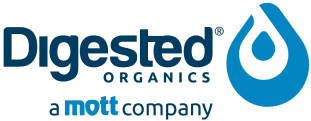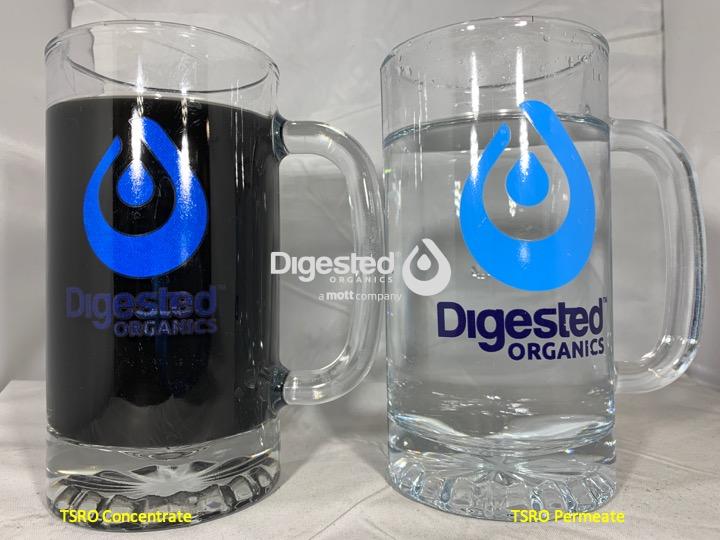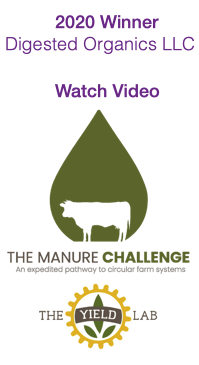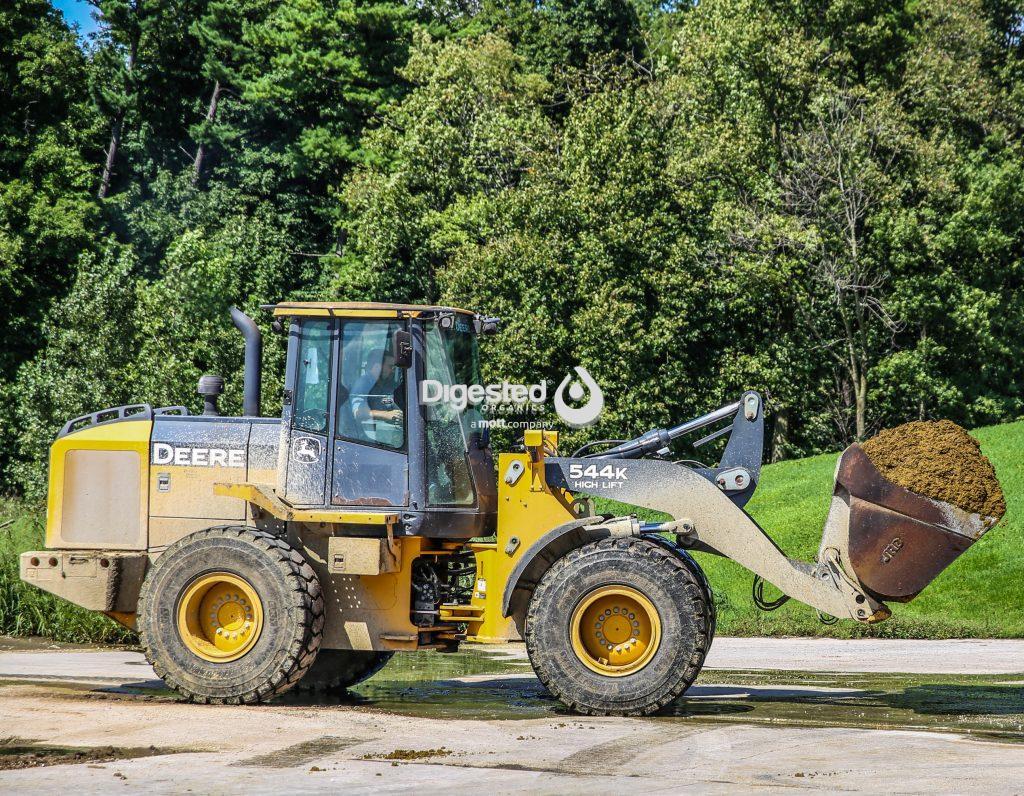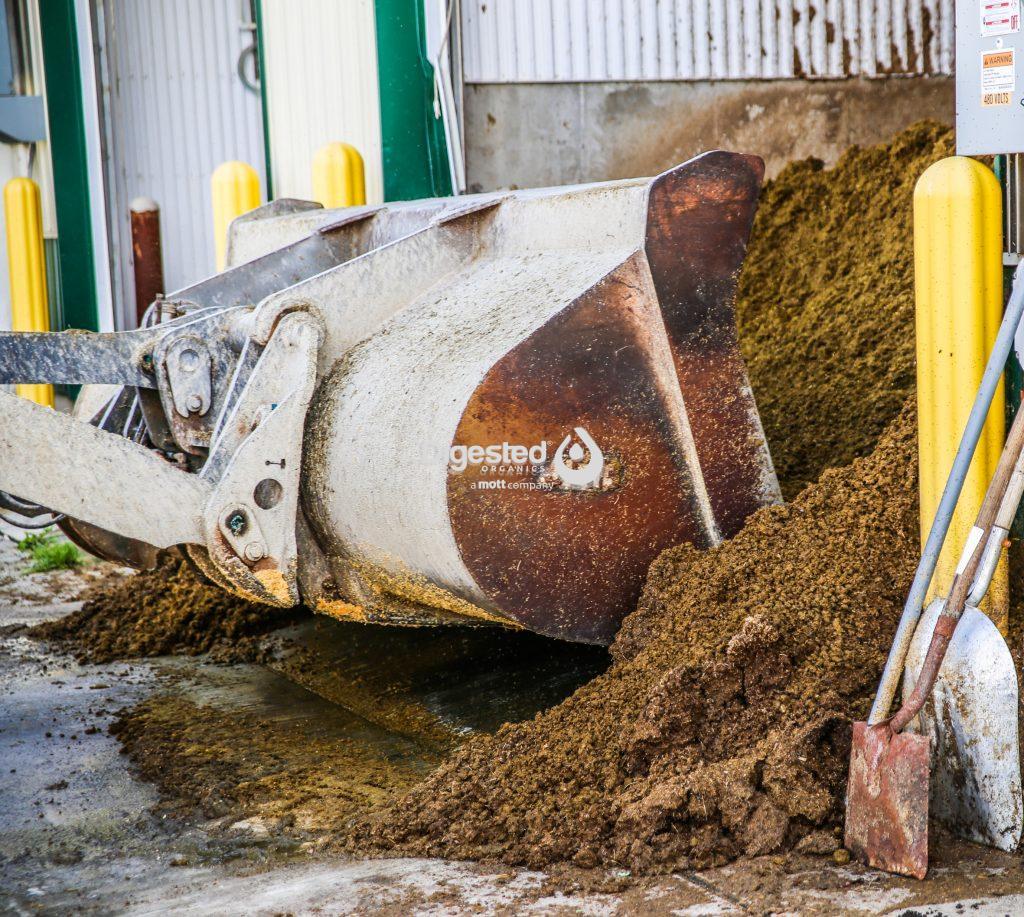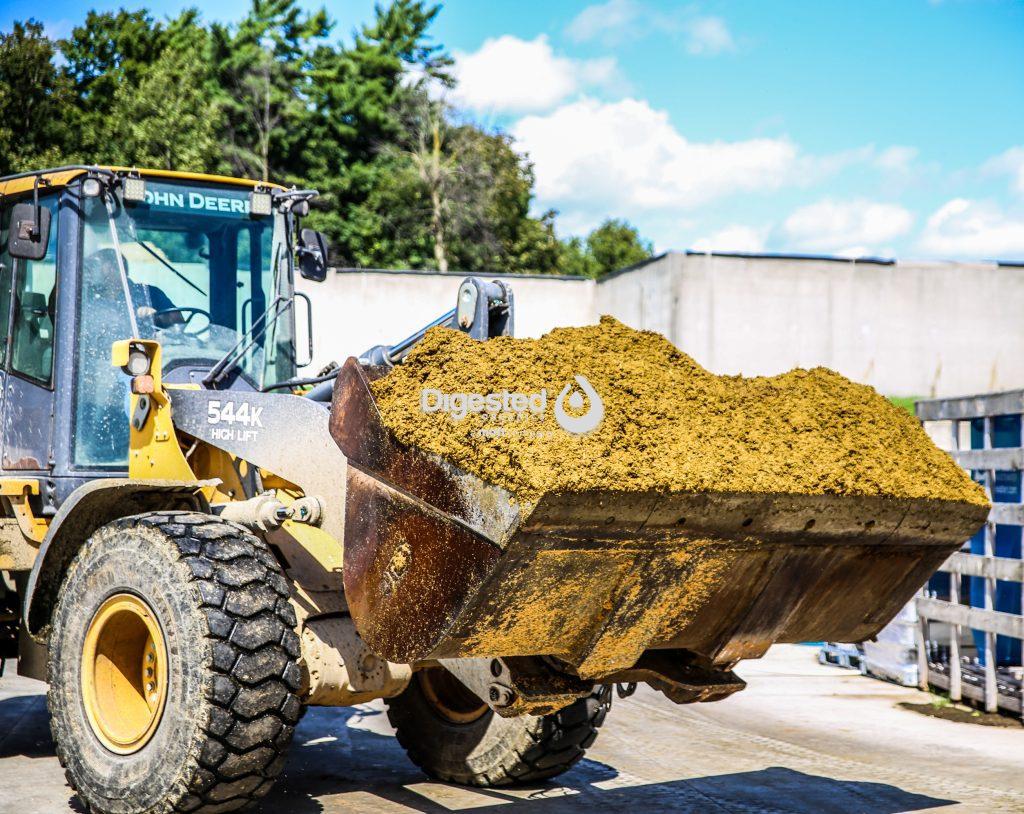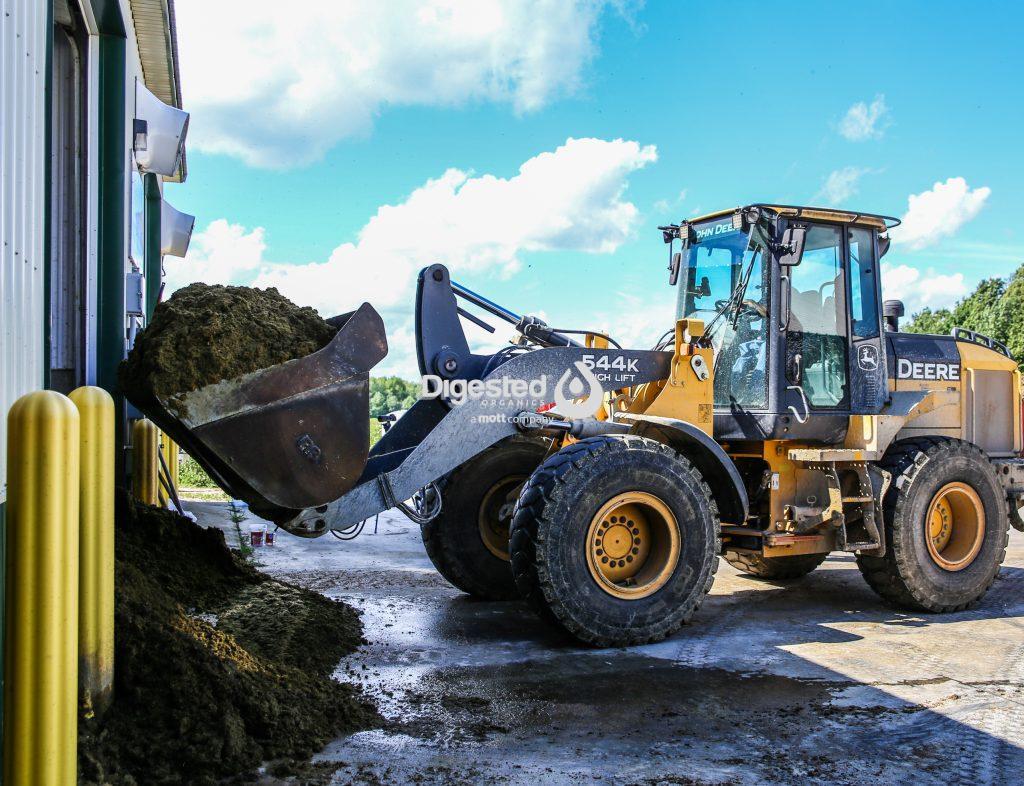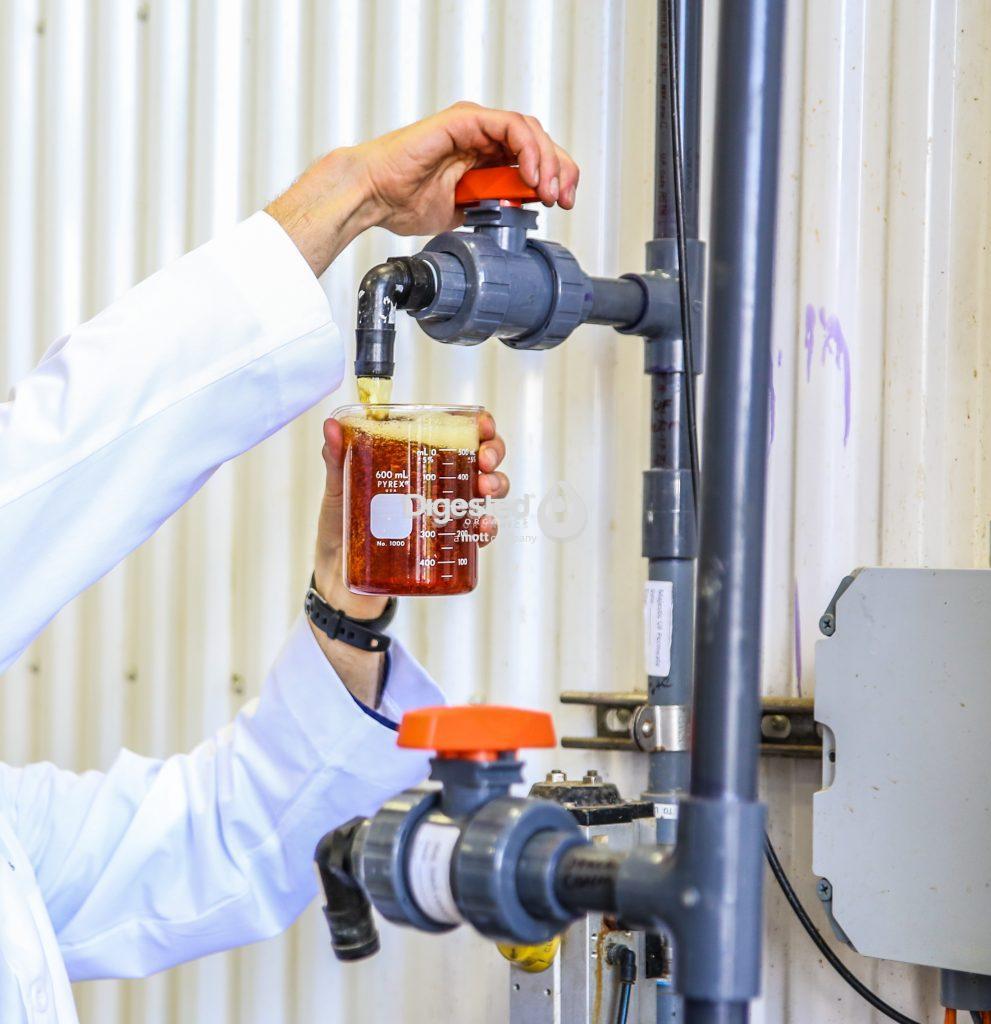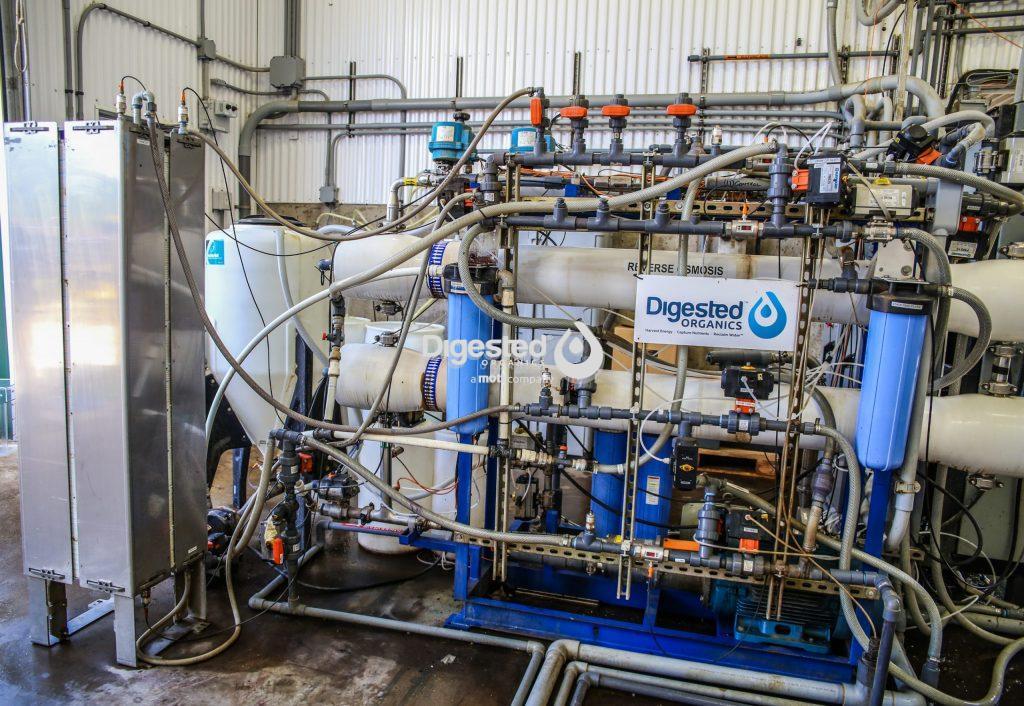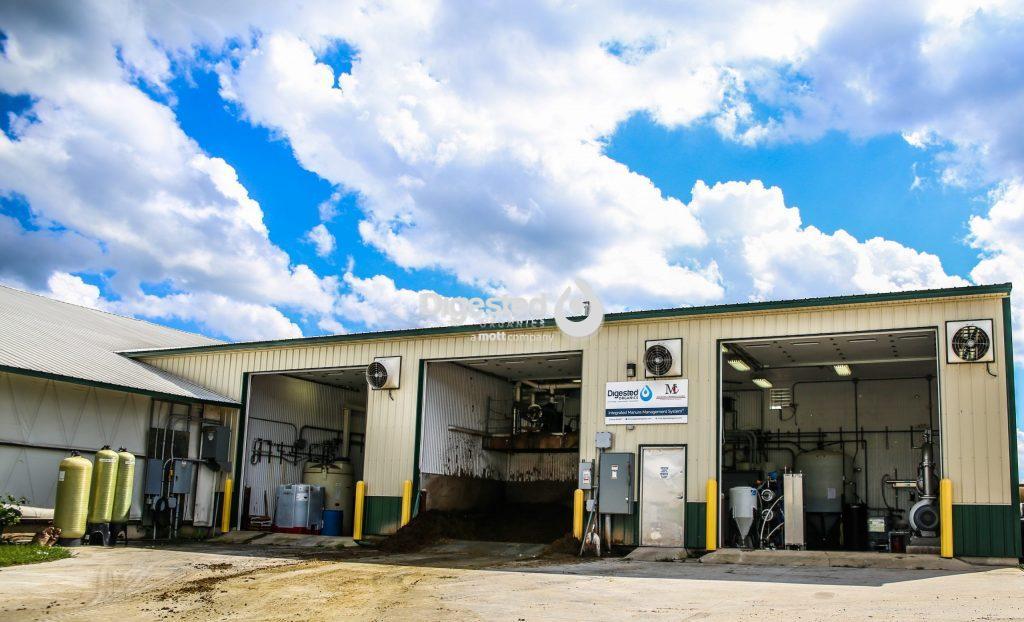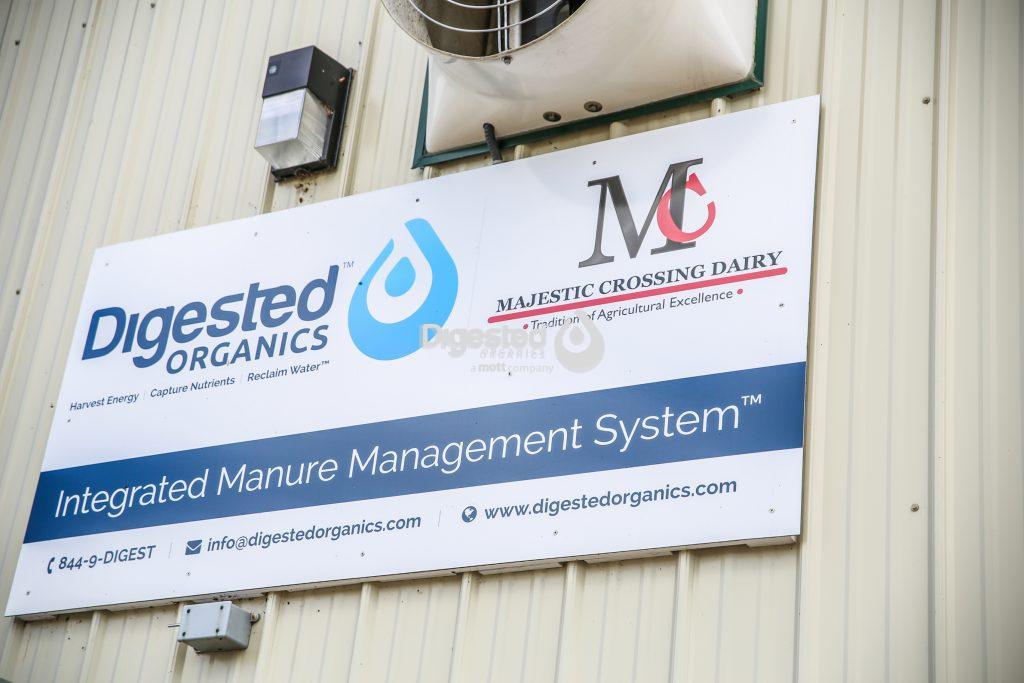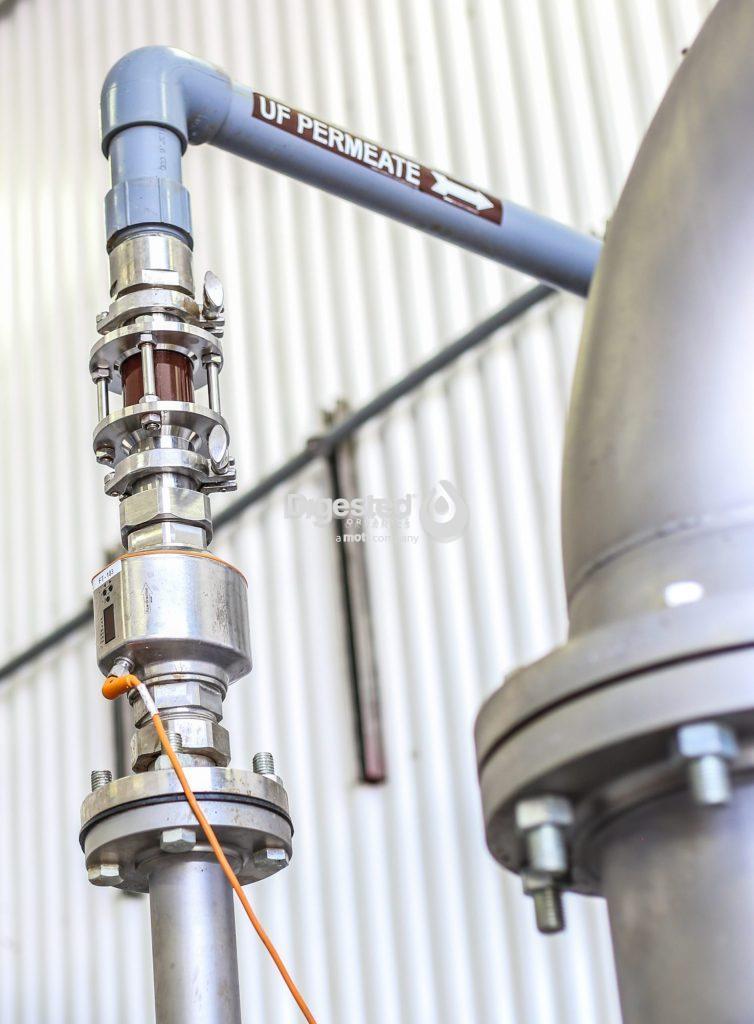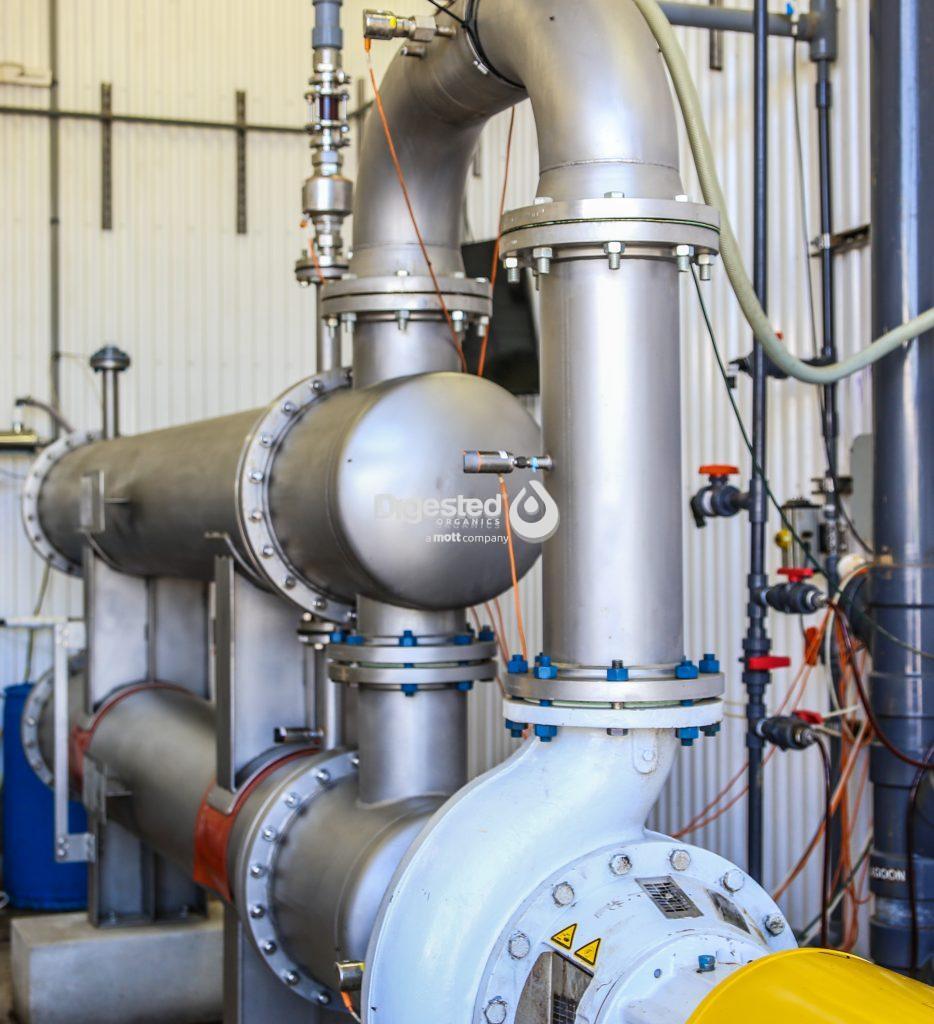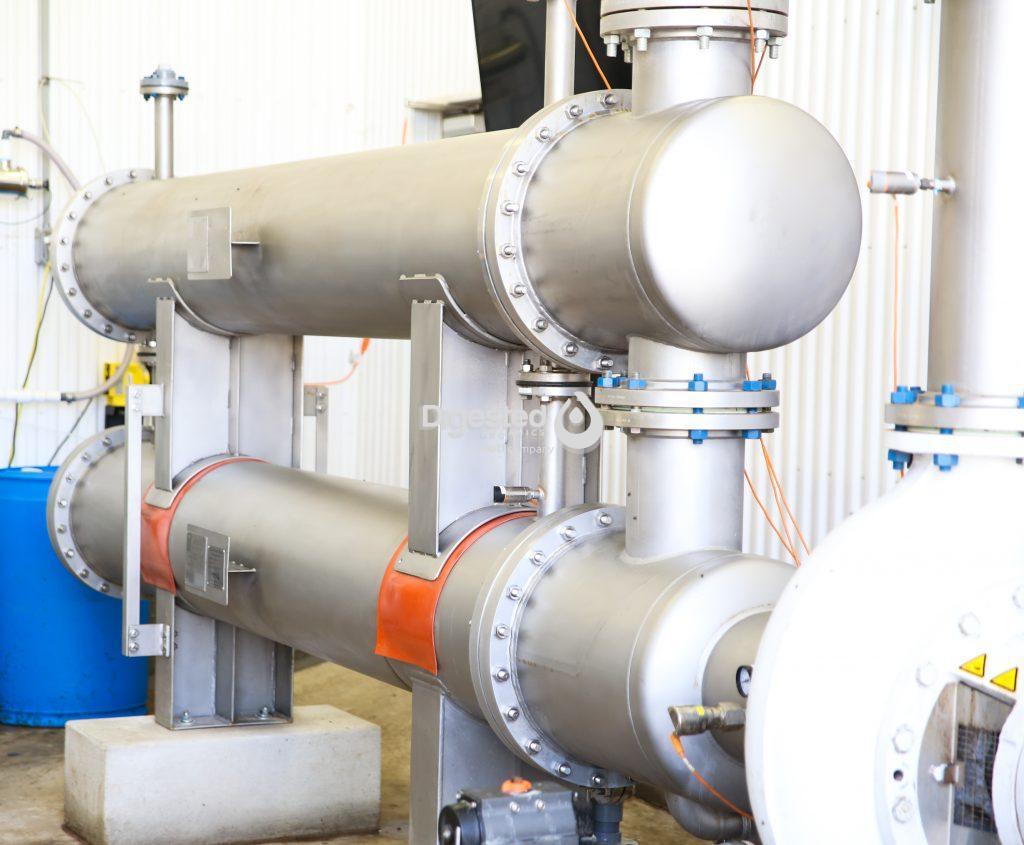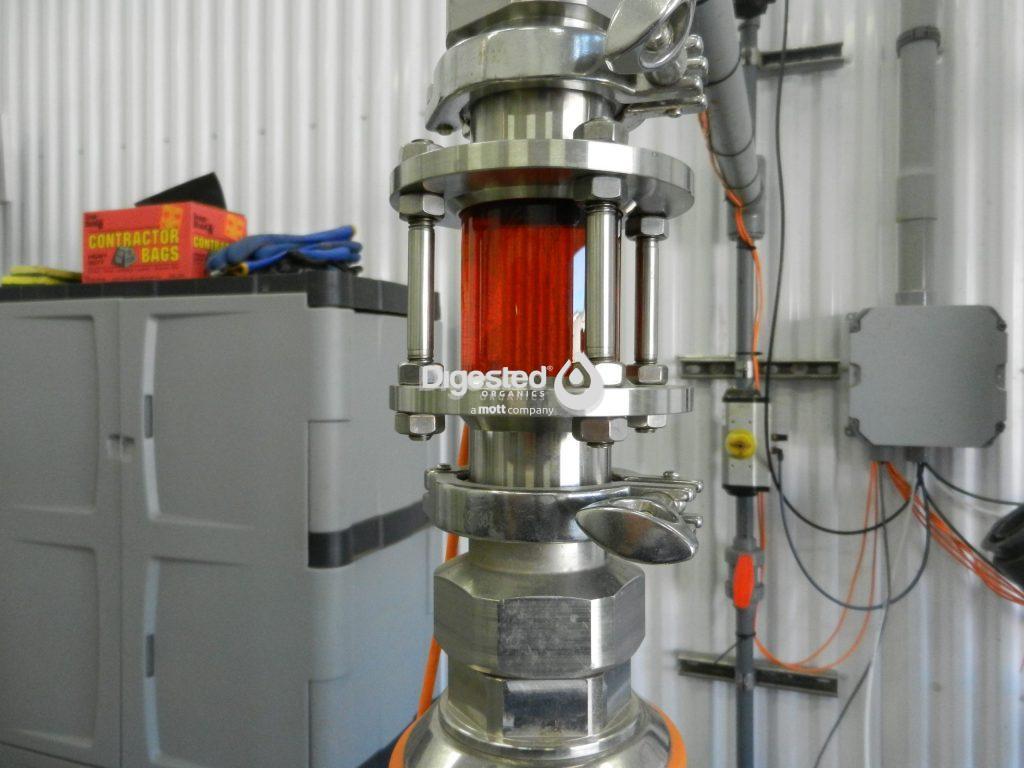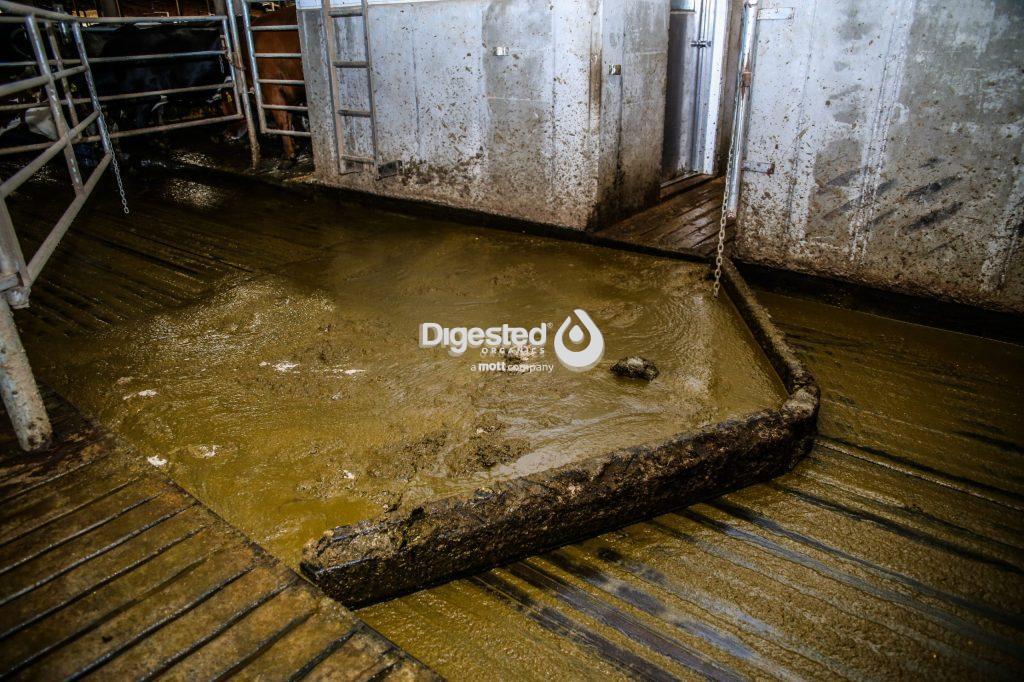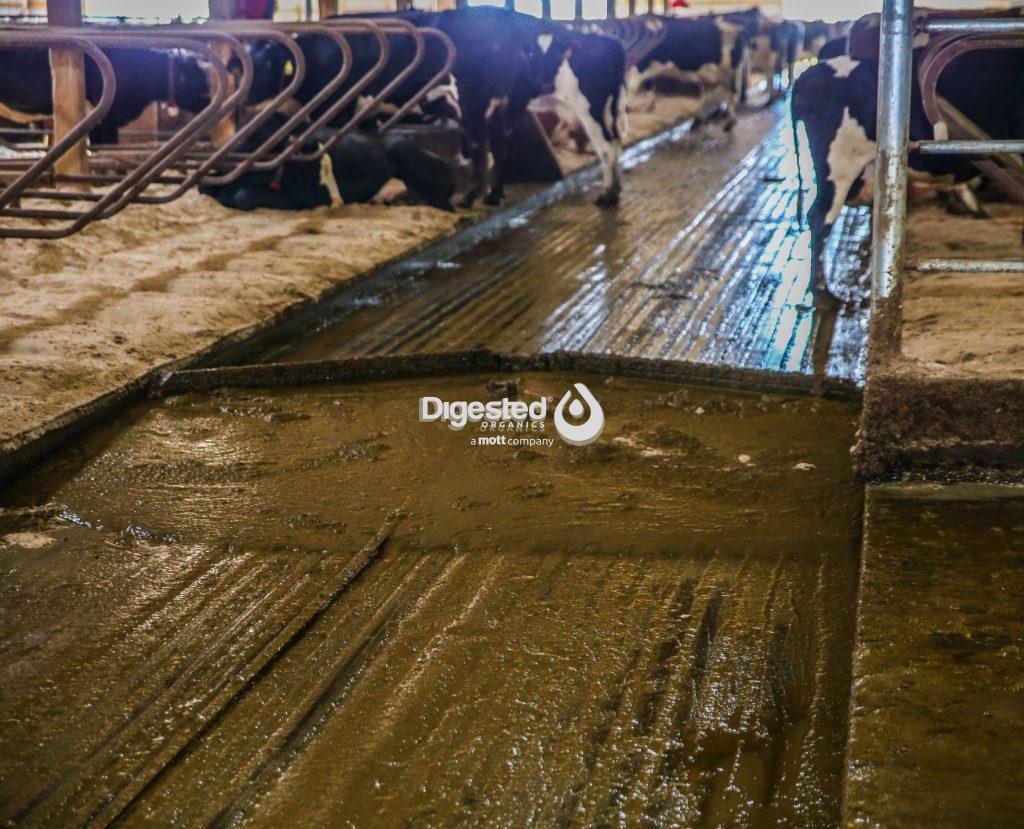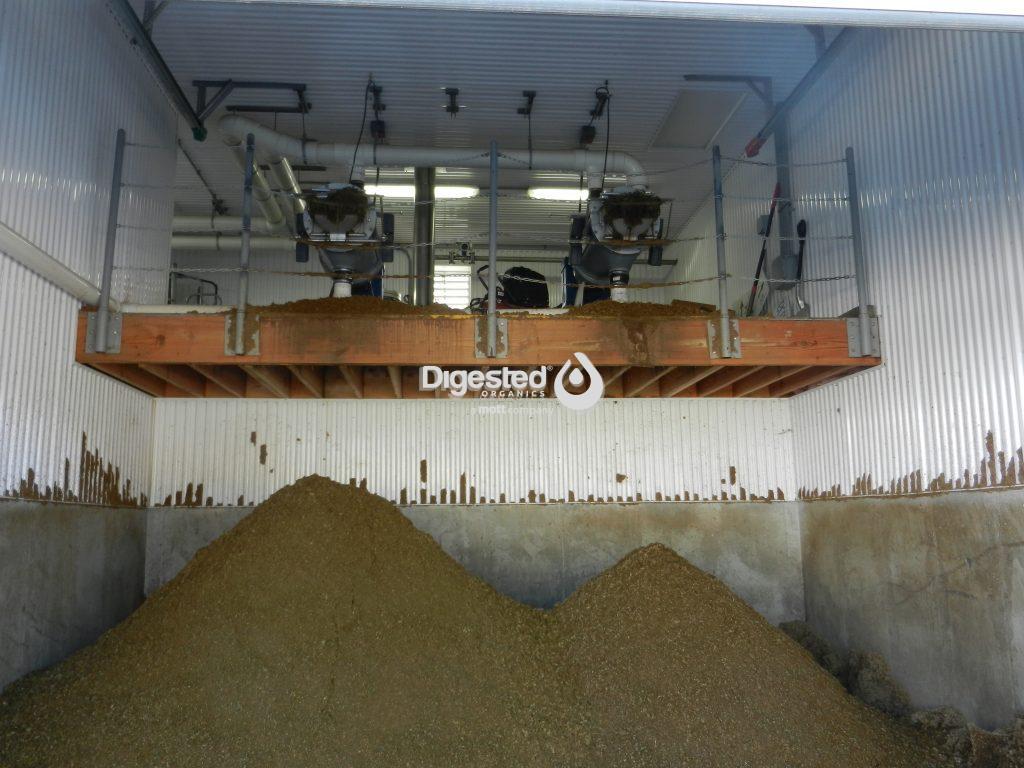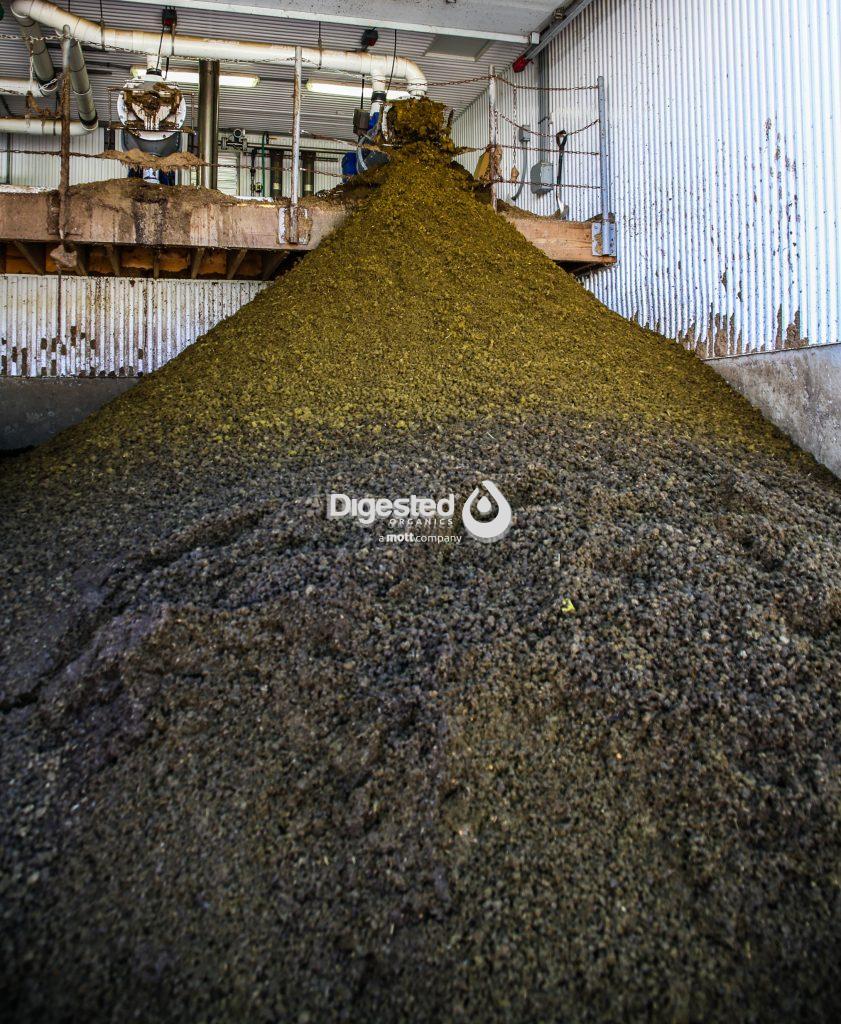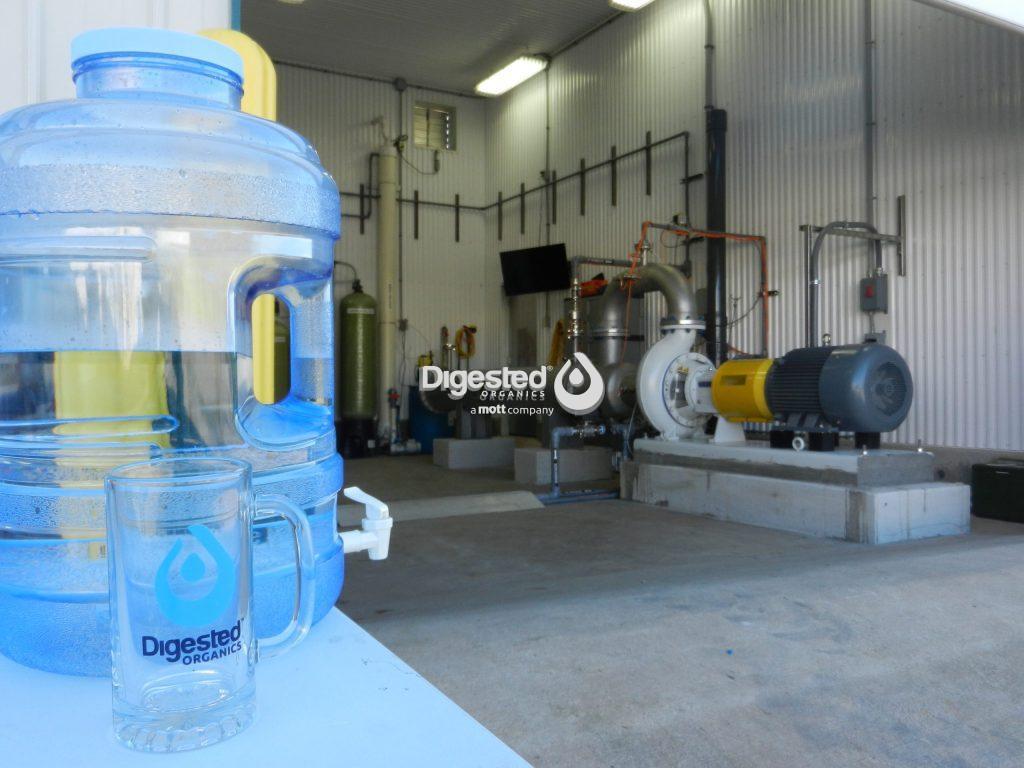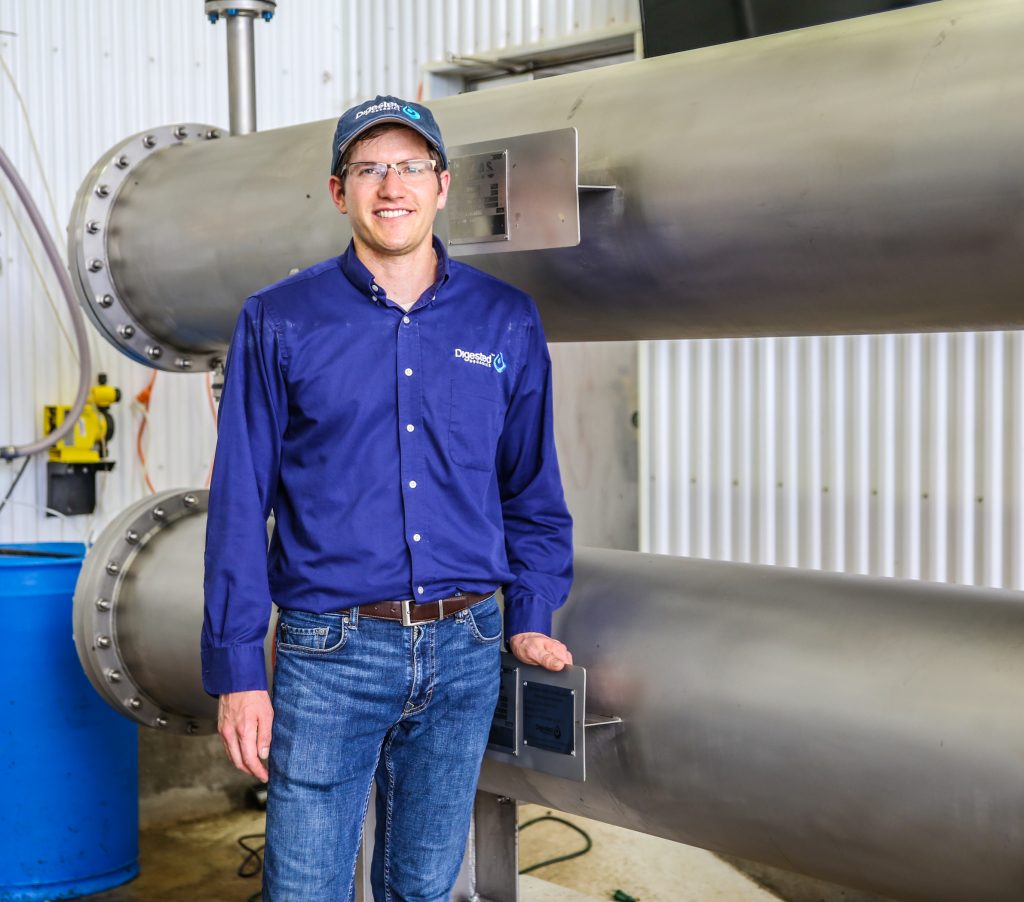Leachate Treatment for Dairy Farm
Two-Step Reverse Osmosis (TSRO)
Client Overview
- Industry: Dairy Farm
- Location: Wisconsin
- Year: 2020
Challenge
Our client, a Wisconsin-based dairy farm, faced significant challenges with their lagoon water management:
- Lagoon water did not meet standards for discharge into water bodies
- High costs associated with land application of nutrient-poor runoff
- Complex logistics for storage and hauling of leachate
- Need for a solution to concentrate nutrients for efficient storage and later land application
Solution: Two-Step Reverse Osmosis (TSRO)
We implemented our advanced Two-Step Reverse Osmosis (TSRO) system to address these challenges.
Project Approach
- Site Assessment:
- Collected lagoon effluent samples
- Treated samples using our TSRO system
- Performance Analysis:
- Conducted comprehensive analysis of lagoon effluent, clean water output, and concentrate
Results
Detailed Analysis
| Parameter | Unit | Lagoon Effluent | Clean Water | Concentrate | % Removal by TSRO |
| Total solids | mg/L | 600 | n.d. | 6,600 | >99.9% |
| Total Kjeldahl nitrogen (TKN) | mg/L | 72.2 | 5.5 | 86 | 92% |
| Phosphorus | mg/L | 17.2 | n.d. | 72.5 | >99.9% |
| Potassium | mg/L | 62.1 | n.d. | 83.6 | >99.9% |
| Conductivity | mS/cm | 1.3 | 0.216 | 9.39 | N/A |
| pH | S.U. | 7.43 | 5.84 | 6.69 | N/A |
n.d. = not detected, N/A = not applicable
Key Benefits
- Regulatory Compliance: Produced clean water suitable for discharge into water bodies
- Cost Reduction: Lowered expenses for land application and transportation
- Nutrient Management: Concentrated nutrients for more efficient storage and application
- Operational Efficiency: Streamlined leachate management process
- Environmental Impact: Reduced risk of nutrient runoff into surrounding ecosystems
Process Insights
- The TSRO system demonstrated exceptional performance:
- 99.9% removal of total solids, phosphorus, and potassium
- 92% removal of Total Kjeldahl Nitrogen (TKN)
- Produced very clean water with almost no detectable contaminants, except for 5.5 mg/L of organic nitrogen
- A small amount of sodium was detected in the clean water, originating from the draw solution used in the process
- The high concentration of sodium in the TSRO concentrate is a result of batch concentration and would not be expected in a commercial, continuous system
Are you facing a similar business challenge?
Call today and get discounted pilot testing when you mention this case study!
